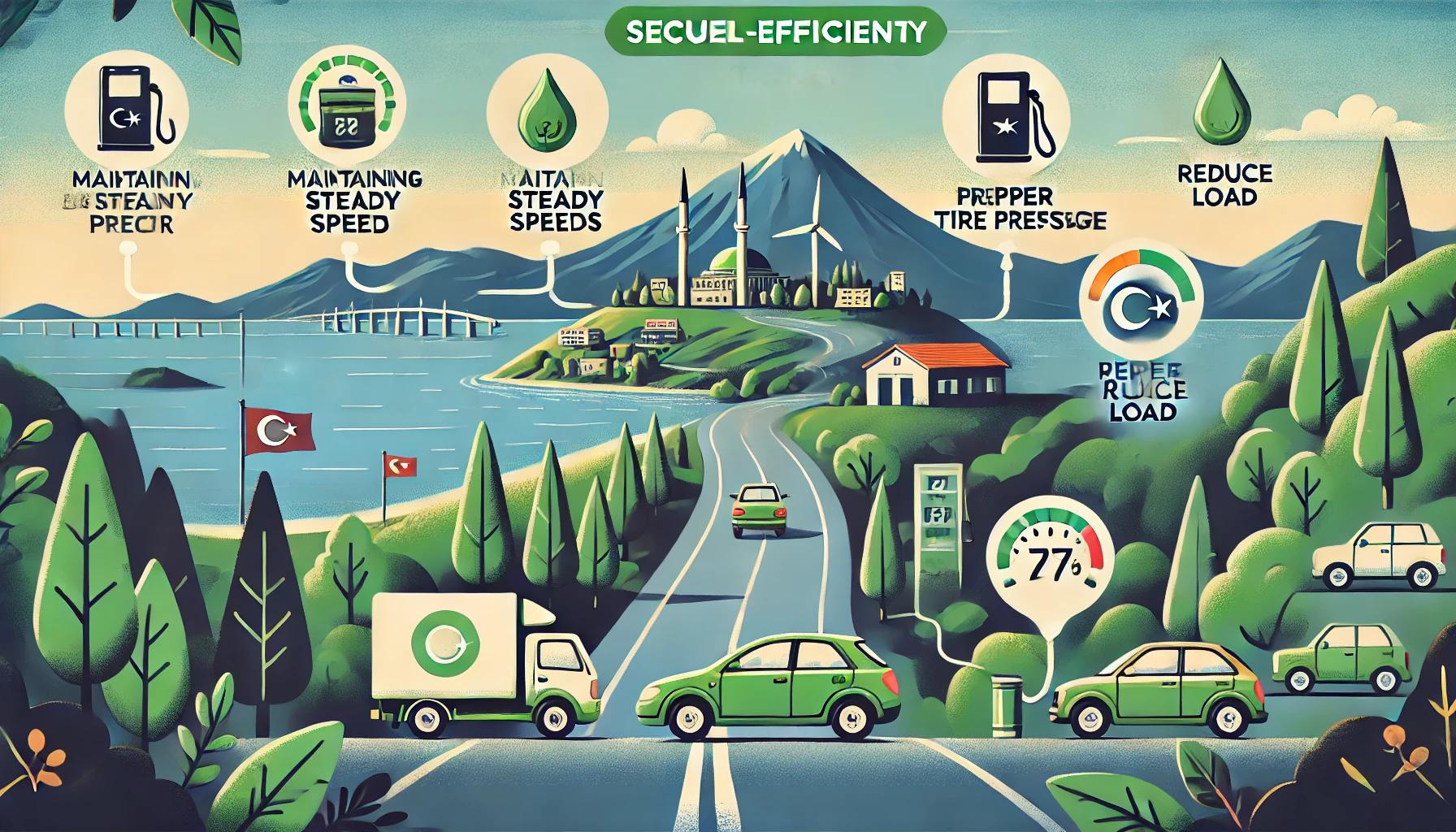Spend Less, Travel More: The Secrets of Fuel-Efficient Driving in Turkey

1. Slow and Steady Driving: Avoid Sudden Accelerations
Speeding is a major factor that increases fuel consumption. Sudden accelerations, in particular, cause your engine to consume more fuel. By driving slowly and steadily, you can minimize fuel consumption without overworking your vehicle's engine. A patient and smooth driving style not only saves fuel but also provides a more comfortable experience for long journeys.
2. Control Your Speed: Travel at a Constant Speed
Constant speed changes can increase fuel consumption. Especially when driving on highways, keeping your speed constant allows the engine to run more efficiently. Traveling at a speed between 90-110 km/h typically ensures the lowest fuel consumption. At this speed, your vehicle’s aerodynamics and engine efficiency work optimally.
3. Avoid Unnecessary Loads
Carrying unnecessary weight in your vehicle can increase fuel consumption. Roof racks and extra items, in particular, disrupt your car's aerodynamics and cause higher fuel consumption. Carrying only necessary items and keeping your vehicle organized helps save fuel.
4. Check Tire Pressure
Low tire pressure causes your vehicle to have more contact with the road, which in turn leads to increased fuel consumption. Make sure your tires are properly inflated. This improves fuel efficiency and prolongs the lifespan of your tires. Regular tire checks also contribute to a safer driving experience.
5. Avoid Overworking the Engine: Shift Gears Early
Timing your gear shifts correctly is crucial for fuel savings. Rather than pushing the engine to high revs, shifting gears early allows the engine to operate at lower RPMs. This reduces engine wear and lowers fuel consumption.
6. Use the Air Conditioning Efficiently
Air conditioning, especially during the summer months, is often used extensively but also contributes to increased fuel consumption. Using the air conditioning at low speeds and only when necessary helps save fuel. Additionally, before turning on the AC, you can open the windows for a few minutes to let the hot air out, especially in very warm environments.
7. Don’t Neglect Vehicle Maintenance
Regular vehicle maintenance ensures the engine operates efficiently and helps save fuel. Oil changes, air filter cleaning, and fuel system maintenance all contribute to lower fuel consumption. Also, the overall condition of your vehicle plays a significant role in fuel efficiency.
In conclusion, fuel-efficient driving not only helps you travel economically but also benefits the environment. By applying these simple driving habits suited to the diverse roads and traffic conditions in Turkey, you can spend less and travel more. Changing your driving habits to reduce fuel consumption not only relieves your budget but also offers a more enjoyable experience during long trips.










